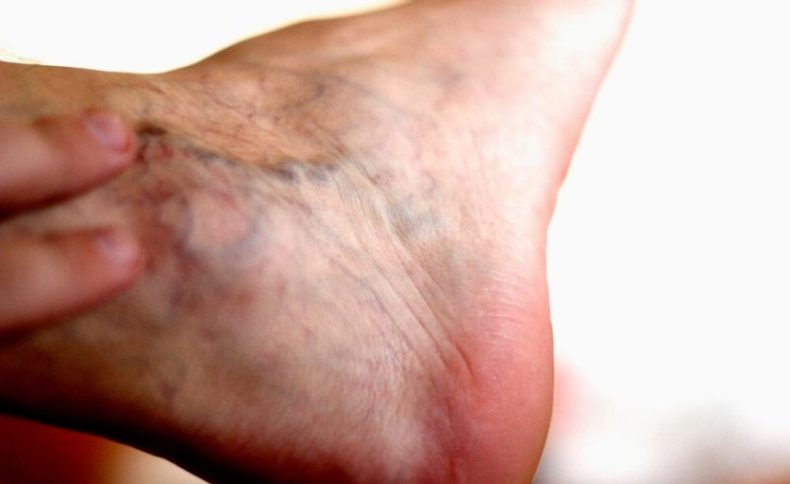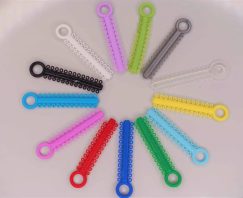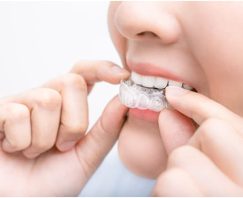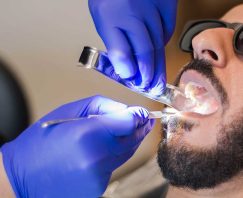Do Men Get Varicose Veins?
September 12, 2022 - 0 COMMENTS

Veins are blood vessels that transport blood from your organs, muscles, and other body tissue to your heart. They have a valve inside to prevent blood flow and pooling. Due to blockage, they may lead to swollen and twisted veins, called varicose veins, and they can happen in both men and women. When to see a Vascular Doctor? If you find the following sign and symptoms, you should visit your doctor to know the proper treatment for your issue.
What are the signs of varicose veins in men?
The Main symptoms of varicose veins in men are bulging veins in the lower back of your legs. Apart from it, varicose veins possess fewer symptoms such as.
- Aching in your lower legs
- Heaviness in the feet
- Itchiness and swelling
- Nighttime cramps
- Causes of varicose veins in men
Due to blockage in your veins, pressure is created in blood vessels, which may occur when the vein’s valve becomes loose or weak. As a result, blood starts pooling and causes swelling and various color web.
Risk factors for varicose veins in men
Several factors increase the risk of varicose veins development. Including:
- Advancing age
- Any history of varicose veins
- Obesity and working style
- Standing and sitting for prolonged periods without any movement
Can men prevent varicose veins?
What do vein centers do? Suppose you are suffering from vein diseases or varicose veins. In that case, your veins center will allow you to eliminate your conditions with possible treatment and prevention.
Though it’s impossible to prevent all varicose veins conditions, maintaining a healthy weight may lower your risk of varicose veins. So you should do some physical activity to boost your blood flow among the veins.
Avoid long standing and sitting in one place for too long. Move and stretch as much as possible. And try and elevate your legs above your heart level for better circulation of blood to your lower body. Your doctor may recommend you wear a compression stocking to eliminate any chances of varicose veins or to deter existing varicose veins from worsening.
Do varicose veins possess any health risks or complications?
Deep vein thrombosis
Varicose veins often affect veins closer to your body surfaces, such as the lower legs, back, and sometimes on your hands, when your veins become hard and warm to the touch, called phlebitis. Due to blockage in veins or pooling, a clot that forms on the surface of your skin won’t pose any severe health risks ut resolve on its own.
But these clots differ from Deep vein thrombosis (DVT), when a clot forms in the deeper vein in your legs. This is a serious medical condition because Dvt can travel to your heart and lungs when it becomes pulmonary and may cause death.
Leg ulcer
A leg ulcer is a condition when varicose veins sores don’t heal quickly and compromises a healthy blood flow in the legs. Moreover, leg ulcers may spread to your ankle.
Contact your veins doctor immediately if you find any signs and symptoms of varicose.










